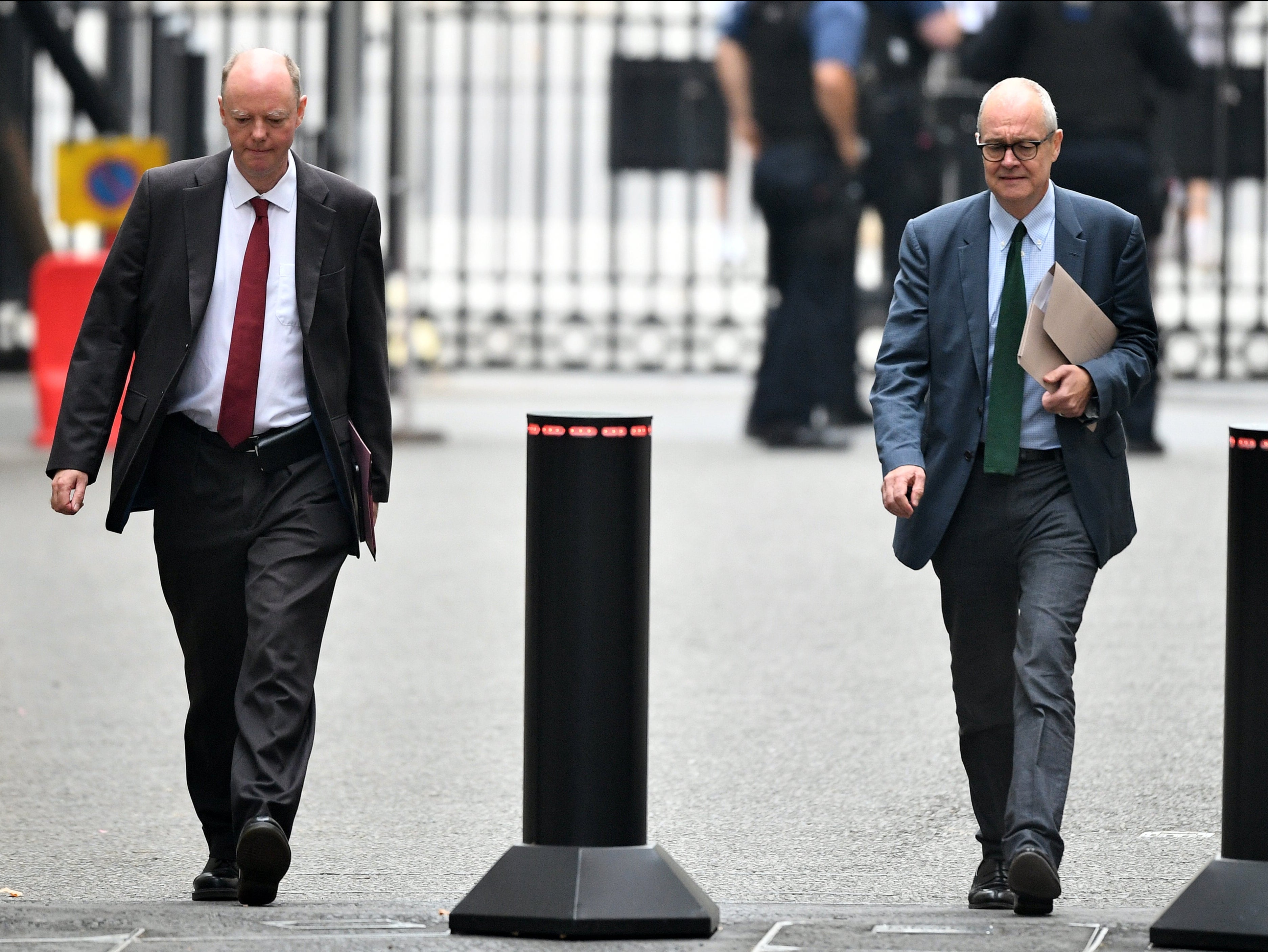Scientists are right to urge caution about relaxing the lockdown, but it is still early days
Editorial: We should hope that the prime minister and those around him keep open minds, are led by evidence and do not fixate on ‘saving Christmas’

The government’s scientists have warned that England will need tighter restrictions on social mixing than the previous regime of regional tiers when the current lockdown ends on 2 December. They are right to be cautious, but it would be a mistake to become fixed on any policy at this stage, 10 days into a 28-day period.
So far, most of the evidence suggests that infections are still rising, although there is some evidence that the rise is levelling off. Because of the time lags involved, if the rate of increase is slowing this would reflect the effect of measures before the lockdown itself was introduced.
The sensible approach, therefore, is to wait. We should be prepared for a range of possibilities, but when we come to the end of the lockdown, the decision about what to do next should be taken as late as possible, on the most up-to-date evidence.
We may soon have some evidence from Wales about the effect of the two-week lockdown there, which ended on 9 November, but we may not know until the last moment to what extent the English lockdown has succeeded in curbing the spread of the virus.
Two of the features of poor decision-making in crises are groupthink and assumptions that are not updated quickly enough. We should hope that the prime minister, his senior ministers and the Scientific Advisory Group for Emergencies (Sage) keep open minds, and do not allow themselves to become fixated on the idea that tighter restrictions than the regional tiers will be needed.
Equally, they should not allow themselves to be swayed by the idea of “saving Christmas”. The size of family gatherings that would be prudent at Christmas should depend on the prevalence of the virus and not on the feeling that people deserve a break.
More generally, it is important that assumptions are not skewed by what people hope for rather than by what the evidence dictates. Boris Johnson was accused of delaying this lockdown because his natural optimism caused him to disregard the evidence that the second wave of infections was gathering pace. This may not be entirely fair, as he was bound to want to preserve jobs and livelihoods as much as possible, and the opposite fault is just as much to be guarded against – some of the scientists having presented what they call “reasonable worst-case scenarios” that risked frightening people unnecessarily.
Perhaps the most important point that the scientists should be making, while we wait for evidence, is that the good news about the Pfizer vaccine should not influence short-term decisions. As we report today, Professor Susan Michie, a member of Sage, said the news of the vaccine may lead to complacency, and warned that the vaccine will make “no difference” to the current wave of the virus.
As she says, the most important thing is to keep to the rules, and not to let up because the vaccine is on its way. The news of vaccines is promising, and likely to provide a way out of the misery and loss of lockdowns, but there are many months ahead of us in which social restrictions will be needed to keep the virus under control.
It is to be hoped that the light at the end of the tunnel makes those restrictions easier to bear, rather than encouraging people to disregard them.
Join our commenting forum
Join thought-provoking conversations, follow other Independent readers and see their replies
Comments



Bookmark popover
Removed from bookmarks